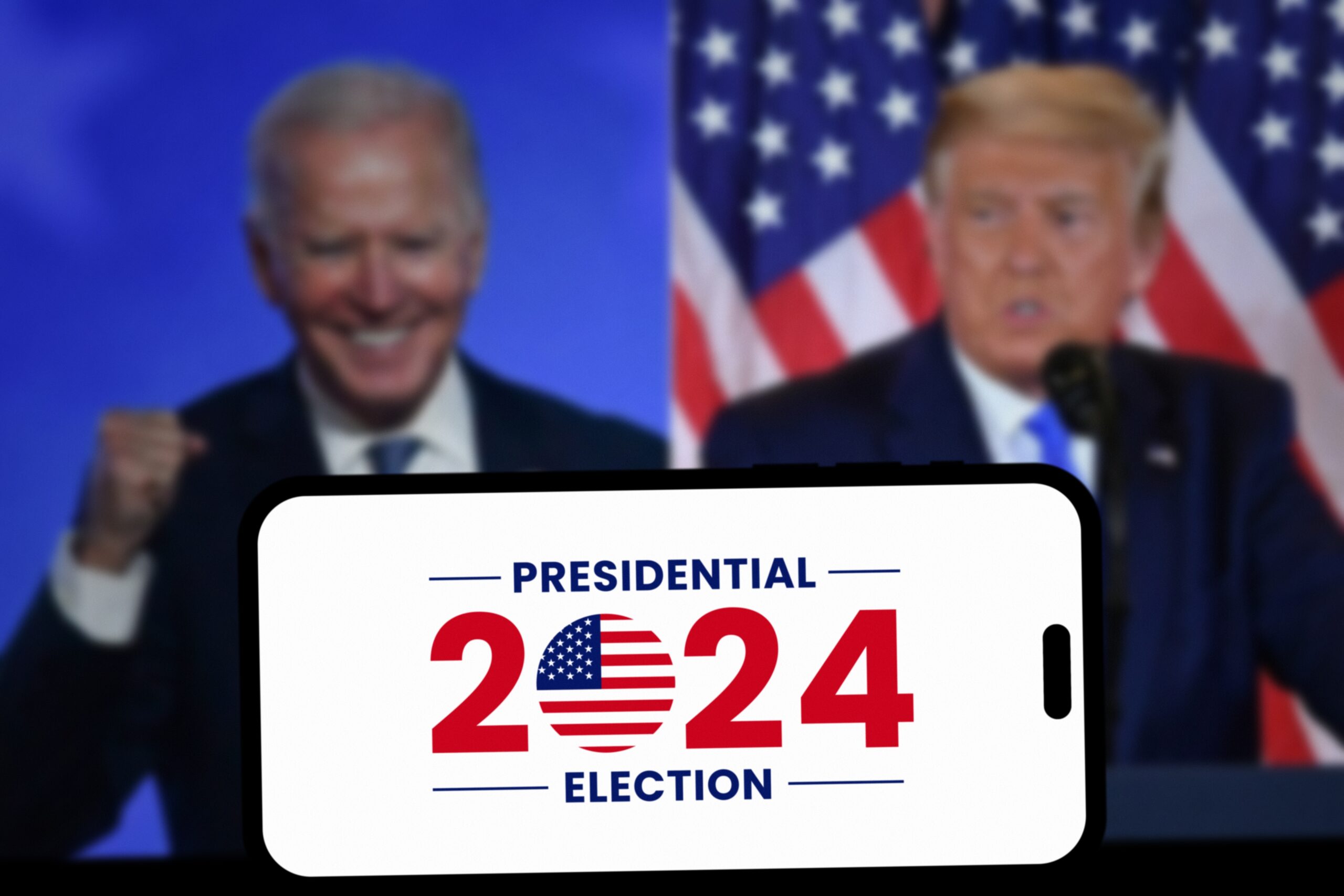
It was a perverse cyber invasion of privacy that drastically rocked the life of a 14-year-old Texan, Elliston Berry, who woke up one morning to find deepfake nudes of her circulating on social media during October of last year.
Even worse, many of her classmates had already seen them.
“[I was] just going about a normal day when all of my friends kept calling and texting me that these naked photos were being sent around,” Berry describes during a recent interview. “[They were going] all around school — Snapchat, Instagram, all different social medias,” she continues.
Her mother, Anna McAdams, said she too was mortified and shocked by the images. She mentions how, had she not known where the pictures were taken, they could’ve passed as real. “Because I’m a mom the first picture I knew right away where it was, but …., like if I didn’t know and just saw the photo, I’d probably think it’s real,” she says.
Ultimately, Berry would learn that a male student had conspired to create the deepfakes from photos he stole from her private Instagram account, rendering them as nude images using AI technology.
The ordeal brought Berry fear and shame at school, with Berry saying she wondered every day if students knew of the images of her.
As AI continues to explode, from creeping into the workforce and the creative arena and beyond, one of the most pressing ethical issues it raises stems from exploitation schemes. It has left lawmakers in the hot seat to address it.
The “Take it Down Act” is sponsored by a bipartisan group of lawmakers, including the Texas Republican Sen. Ted Cruz and Minnesota Democratic Sen. Amy Klobuchar. The act would criminalize publishing non-consensual intimate imagery, requiring social media platforms to take down such images and more.
“Up to 95% of the deep fakes you see are non-consensual intimate images,” Cruz shares in the same interview.
Cruz’s act would introduce jail time to offending parties — two years for offenses upon adults, and three years for minors — in an effort to step up on the prosecution of exchanging those fake explicit photos.














